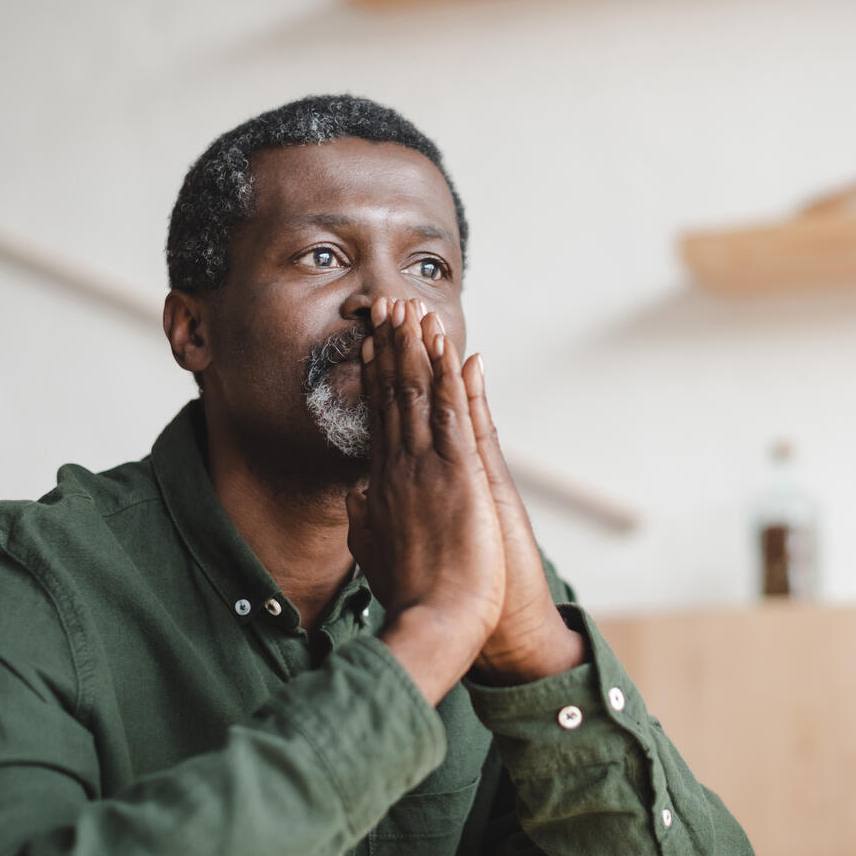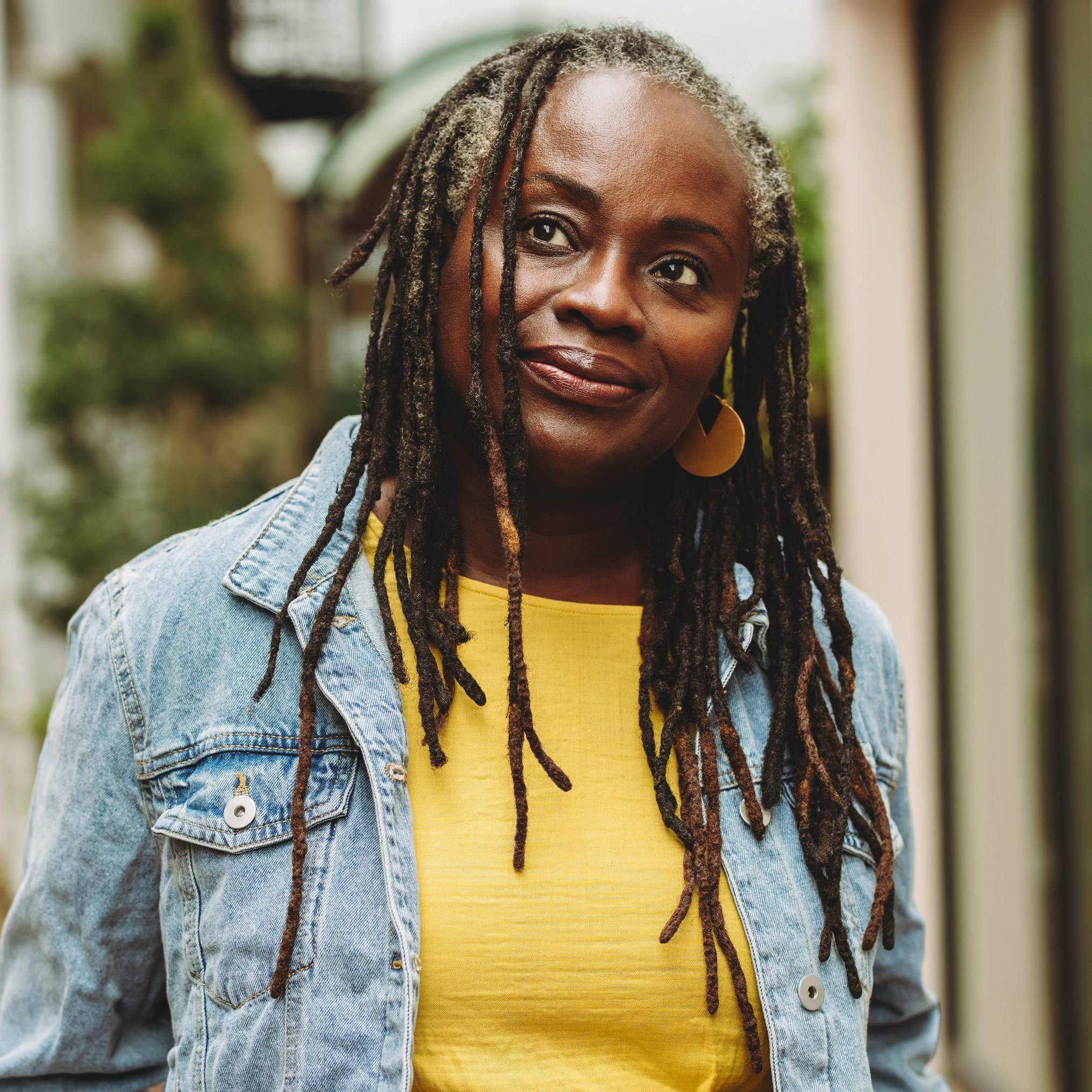-
Mayo Clinic Minute: What women should know about osteoporosis risk
Bones are living organisms that build and break down, but when the body loses more bone than it makes, problems can arise. Early detection and treatment can help those with bone loss maintain active lifestyles.
Journalists: Broadcast-quality video pkg (1:00) is in the downloads at the end of the post. Please "Courtesy: Mayo Clinic News Network." Read the script.
Broken bones are not only painful, but also in adults over 50 — and more commonly in women — it can be a sign of a serious disease. Osteoporosis is the weakening of bones caused when the body's bone loss outweighs production.
"It's a silent disease," says Dr. Ejigayehu Abate (pronounced Eh-djee-gah-hoo Ah-baa-tay, a Mayo Clinic endocrinologist. "You don't know you have it until you break something, or you get screened for it."
Dr. Abate says osteoporosis screenings should start between 50 and 55 years old. Developing healthy bones on the other hand should start early in life and include routine exercise and a diet rich in protein and calcium.
"Anybody over the age of 50, unless you were told not to take calcium, needs about 1,000 to 1,200 milligrams of calcium per day through combined diet and supplement," says Dr. Abate.
For people with darker skin tones, vitamin D is another important factor.
"Vitamin D is from the sun, and the darker your skin tone is, the less vitamin D is reabsorbing, so that causes bone loss," says Dr. Abate.
When it comes to treating osteoporosis, the first thing health care professionals do is assess for the risk of breaking a bone.
"That assessment determines what type of medication I would recommend," says Dr. Abate.
Related articles
- "Mayo Clinic Q&A: Understanding — and preventing — osteoporosis."
- "Before the Bone Breaks" (Discovery's Edge).
For the safety of its patients, staff and visitors, Mayo Clinic has strict masking policies in place. Anyone shown without a mask was recorded prior to COVID-19 or recorded in an area not designated for patient care, where social distancing and other safety protocols were followed.
For more information and all your COVID-19 coverage, go to the Mayo Clinic News Network and mayoclinic.org.







